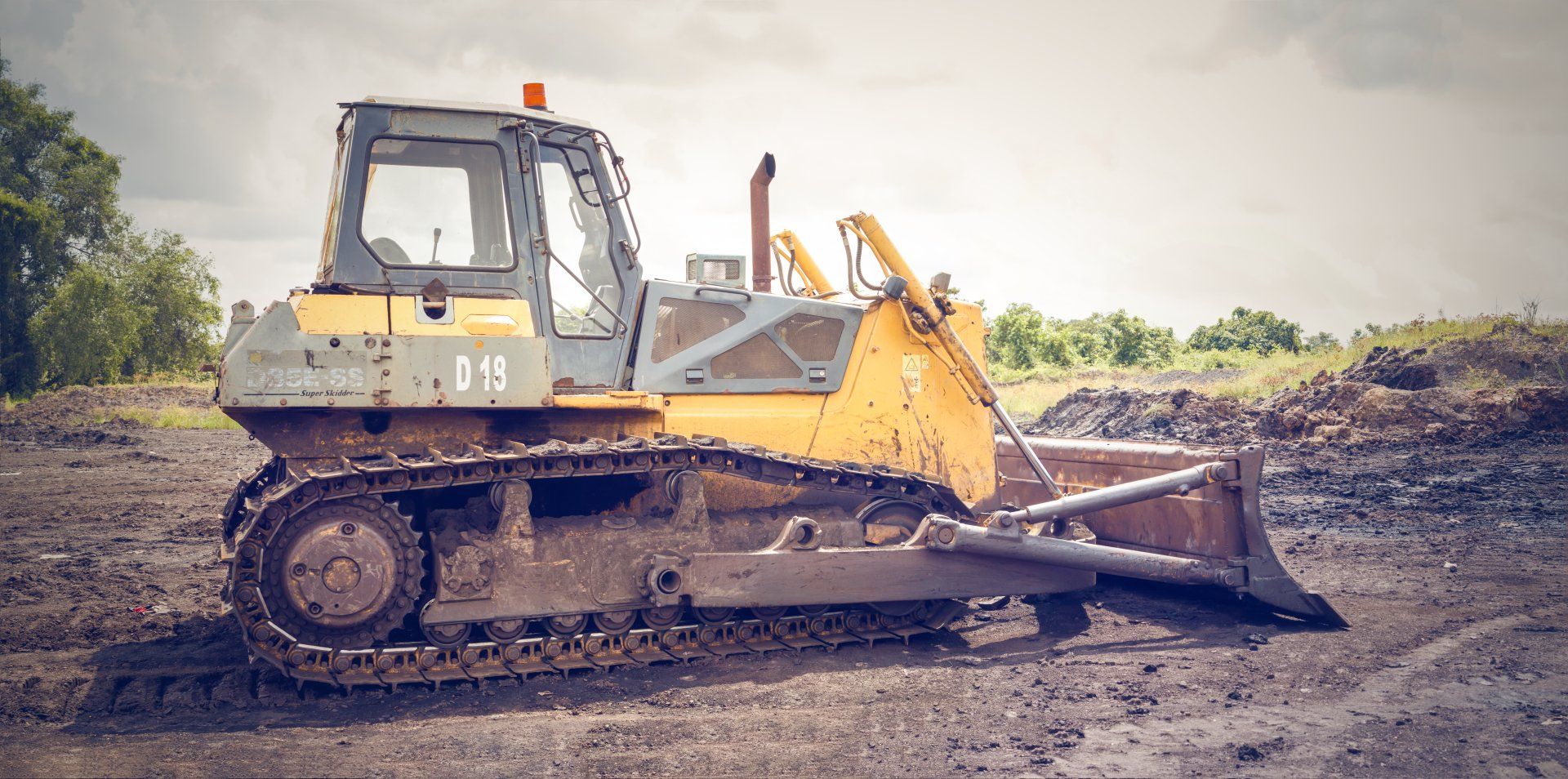The Beginner’s Guide to Crypto Mining Taxes
Mining cryptocurrencies results in revenue that must be disclosed to the government as part of your tax filing obligations.
When you sell or trade your incentives, reporting and paying your taxes becomes far more difficult. When you acquire new assets and dispose of old ones, you are expected to meticulously document the current worth of such assets according to the fair market.
The taxation system for crypto mining may appear complicated at first glance; thus, let's go through each step of the reporting procedure. In this piece, we will discuss how you may correctly report revenue from mining, lower the amount of money you owe in taxes, and yet remain in compliance with the regulations set forth by the IRS.
Feel free to connect with a tax professional. A good CPA can be the difference between keeping all your mining gains and losing them all. Set up a
free one hour consultation today.

What exactly is mining for cryptocurrency?
Evidence of Work Done Mining is the process of adding new blocks to a blockchain. Cryptocurrencies like Bitcoin rely on miners to keep the network safe and validate transactions. Miners use very advanced computers to solve difficult mathematical puzzles in exchange for bitcoin. Miners are paid for their efforts.
How are the rewards from mining taxed?
Mining bitcoin makes you vulnerable to several distinct tax events, including the following:
- Paying income taxes when obtaining dividends from mining rewards
- When you sell your payoff at some point in the future, you will be subject to capital gains taxes.
Income taxes
Your mining profits are subject to ordinary income taxation, with the rate determined by the value of your coins at the time they were delivered to you, adjusted for inflation.
For instance, if you were successful in mining 0.25 ETH on February 15th, 2022, you will be required to pay income tax depending on the price of Ethereum expressed in terms of dollars on that day.
Your current income level will determine the percentage of tax you must pay on the profit you make from mining.
Capital gains taxes
When an asset is sold, either a gain or a loss in the form of capital is recorded on the owner's tax return. Exchanging your cryptocurrency for fiat cash, trading your cryptocurrency for other cryptocurrencies, or trading your cryptocurrency for goods and services are all examples of disposal events.
In this scenario, the amount of capital gains or losses you sustain is determined by the degree to which the price of your tokens has changed from the time you mined them.
Either way, the smart move is to connect with a tax advisor. Set up a
free one hour consultation today.
Is there a double tax on revenue from mining?
A gain or loss incurred from the sale or exchange of a token acquired through mining must also be reported, just like any other gain or loss incurred from the sale or exchange of a token. On the other hand, you will not be subject to double taxation on the same income.
Tokens obtained through mining are subject to regular income taxation, with the amount of taxation determined by the tokens' worth in the open market now they are acquired. You will only be responsible for any capital gains or losses that result from disposal if it is determined that the price of your tokens has increased or decreased since the time you first got them.
How to properly classify your mining of cryptocurrencies as either a business or a hobby when filing your taxes
If you mine cryptocurrencies as a hobby, you will need to report the value of the coins you mine as "Other Income" on line 2z of
Form 1040 Schedule 1, which is in the "Other Income." On the line that's supplied, write down the sort of revenue you received, such as "crypto mining."
When mining as a hobby, you are not permitted to use deductions to offset certain of your expenses, such as the cost of energy or the cost of gear.
On the other hand, if you manage your mining activity as a corporate organization, you will report your revenue on Schedule C. This is the case regardless of whether you own any mining equipment. If this is the case, you won't be able to deduct any costs related to running your firm. If your expenditures are audited, it is highly recommended that you keep detailed records of them.
Are you unsure if your activities should be classified as a business or a hobby?
What kinds of tax breaks are offered to mining companies?
You are eligible for a tax deduction for any costs involved with running your business if you mine cryptocurrencies through a legal business organization. Mine owners who mine for fun are not eligible for these deductions.
The following is a list of some of the expenditures that mining companies can deduct.
Mining cryptocurrencies might result in
significant increases in one's monthly power use. Fortunately, mining companies can deduct these charges as legitimate business expenses.
It is crucial to keep a record of the total quantity of power used just for mining if you want to deduct the cost of electricity from your tax bill. Suppose you have a home office or another property that consumes energy for reasons unrelated to mining. In that case, you might want to think about installing a second electricity meter to monitor how much power is being consumed there.
If an audit occurs, it is probable that these mixed-use costs, including corporate and personal uses, will be investigated. The significance of maintaining accurate records is brought into focus by this.
Learn more about
IRS Audit Triggers, and set up a
free one hour consultation with a YokeTax pro.
Equipment
Most of the time, the cost of your mining equipment may be deducted as an expense in the same year it was bought, according to Section 179 of the Internal Revenue Code. Suppose the cost of your mining equipment that you are deducting under Section 179 is greater than $2.6 million. In that case, you are eligible to deduct the cost of your equipment annually using the depreciation method.
Maintenance And Repairs
If you've performed any maintenance or repairs on your mining equipment, you should be entitled to deduct the cost of such services from your taxable income. Be careful to retain a record of the total cost of these repairs if the IRS decides to conduct an audit.
Rented Quarters
You may be able to write off the cost of renting out premises to operate a bitcoin mining operation as legitimate business expenditure.
If you mine bitcoin in a home office, you may be eligible for a deduction depending on the percentage of your house solely devoted to your mining activities. This percentage is determined by measuring how much your home is used for mining. If you are looking for more information, get in touch with Yoke Tax for a
free one hour consultation.



